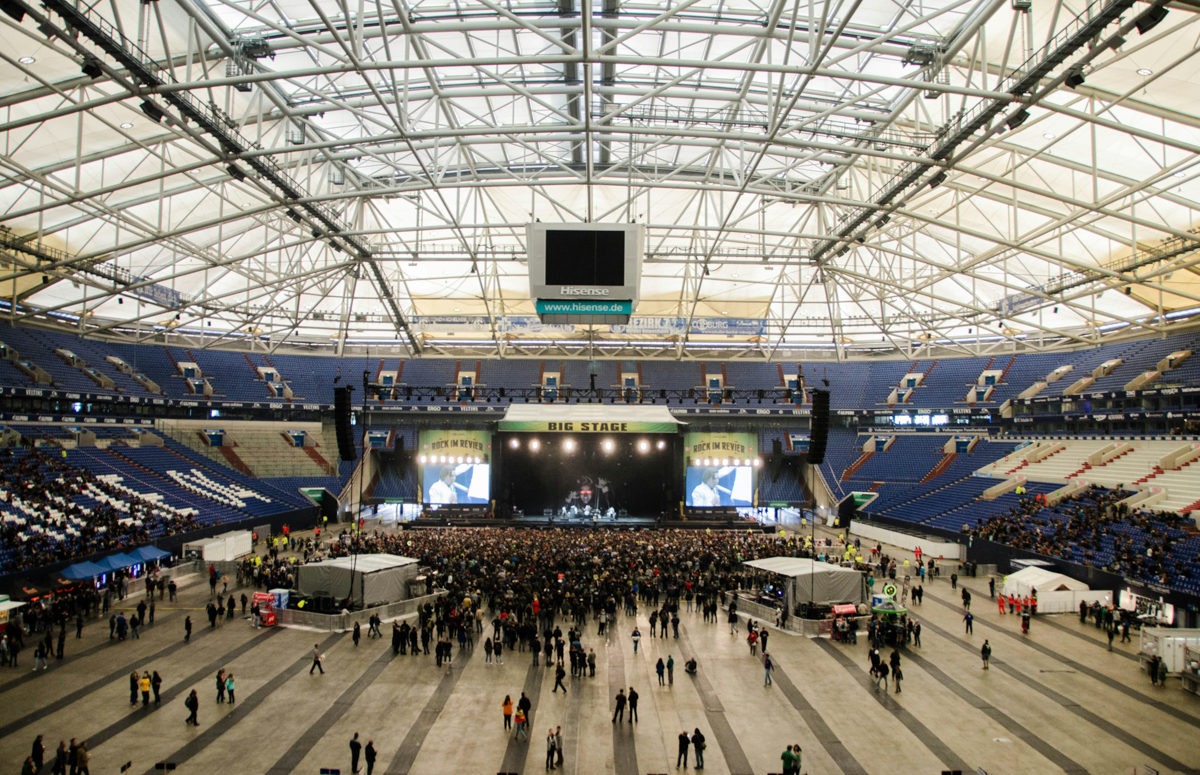Corporate events are pivotal opportunities for businesses to engage with clients, celebrate achievements, and foster team camaraderie. Whether it's a product launch, a conference, or an annual gala, the success of a corporate event hinges on meticulous planning, attention to detail, and strategic execution.
This guide will explore essential strategies for successful corporate event planning to ensure your next event is unforgettable.

How to Craft the Perfect Corporate Event: Insider Tips Revealed
Before diving into the logistics of planning a corporate event, defining its purpose is crucial. Is it aimed at networking, generating leads, or rewarding employees?
Understanding the Purpose
Understanding the objectives will guide every decision you make throughout the planning process. It is also essential to communicate this purpose clearly to all stakeholders involved to align their expectations and contributions. Additionally, a well-defined purpose helps evaluate the event's success and make necessary adjustments for future events.

Setting Clear Goals
Once the purpose is established, set SMART goals—specific, measurable, achievable, relevant, and time-bound. For instance, if the goal is to increase brand awareness, specify metrics such as the number of social media mentions, new leads generated, or media coverage obtained.
Choosing the Right Venue
The venue sets the tone for the entire event, so choose wisely. Consider factors such as capacity, location accessibility, amenities, and ambiance. Collaborate with reputable event planners or utilize resources from organizations like the International Live Events Association (ILEA) or Meeting Professionals International (MPI) to explore various venue options tailored to your needs.

Designing Engaging Content
Content is king when it comes to corporate events. From keynote speakers and panel discussions to interactive workshops and entertainment, curate content that resonates with your audience. Leverage industry influencers thought leaders and subject matter experts to add value and credibility to your event.
Harnessing Technology
Incorporating technology can enhance the overall attendee experience and streamline event operations. Utilize event management software for registration, ticketing, and attendee tracking. Embrace virtual and hybrid event formats to reach a broader audience and accommodate remote participants.
Creating Memorable Experiences
Delight attendees with memorable experiences that leave a lasting impression. Personalize the event with branded merchandise, interactive activities, and unique networking opportunities. Partner with local businesses or charities, such as Dress for Success or Lemonade Day, to add philanthropic elements to your event.

Prioritizing Sustainability
Corporate event planning has a significant environmental footprint, so prioritize sustainability initiatives wherever possible. Choose eco-friendly suppliers, reduce waste through recycling and composting, and opt for digital communication methods to minimize paper usage. Encourage attendees to participate in sustainability efforts by providing incentives for carpooling or using public transportation.
Ensuring Seamless Logistics
Successful event execution hinges on meticulous logistics planning. Develop a comprehensive timeline and delegate tasks to a dedicated team of professionals. Conducted site visits, coordinated with vendors, and prepared contingency plans for unforeseen circumstances. Attention to detail is paramount to ensure seamless and stress-free event experience.

Promoting Before, During, and After
Effective promotion is key to driving attendance and maximizing event impact. Leverage multiple channels—including social media, email marketing, and traditional advertising—to generate buzz and excitement leading up to the event. Encourage attendees to share experiences on social media using designated hashtags during the event. Post-event, follow up with attendees
to gather feedback, share highlights, and nurture ongoing relationships.
Measuring Success
Once the event is concluded, evaluate its success against predefined goals and objectives. Analyze key performance indicators like attendance numbers, engagement metrics, and ROI. Solicit feedback from attendees through surveys or focus groups to identify areas for improvement and inform future event planning efforts.

Analyzing Attendee Feedback
In addition to quantitative metrics, qualitative feedback from attendees offers valuable insights into their overall event experience. Analyze comments, suggestions, and testimonials to identify strengths and areas for improvement. Pay attention to recurring themes and sentiments to inform future event planning decisions.
Evaluating Sponsorship Impact
Evaluating sponsorship impact for events with corporate sponsors is essential for demonstrating ROI and securing future partnerships. Measure sponsor visibility, brand engagement, and lead generation to assess the effectiveness of sponsorship packages. Provide sponsors with detailed reports and analytics to showcase their contribution to the event's success.

Nurturing Post-Event Relationships
The end of an event marks the beginning of a new phase in attendee relationships. Take proactive steps to nurture post-event connections through personalized follow-ups, networking opportunities, and exclusive content. Keep momentum by staying engaged with attendees through social media, newsletters, and networking events. Foster a sense of community and loyalty to ensure continued support for future endeavors.
Crafting the perfect corporate event requires careful planning, strategic execution, and focusing on delivering value to attendees. By understanding the purpose, setting clear goals, and leveraging industry expertise, you can create an unforgettable experience that aligns with your organization's objectives. Embrace innovation, prioritize sustainability, and measure success to improve and elevate your corporate events continuously.





Leave a Reply